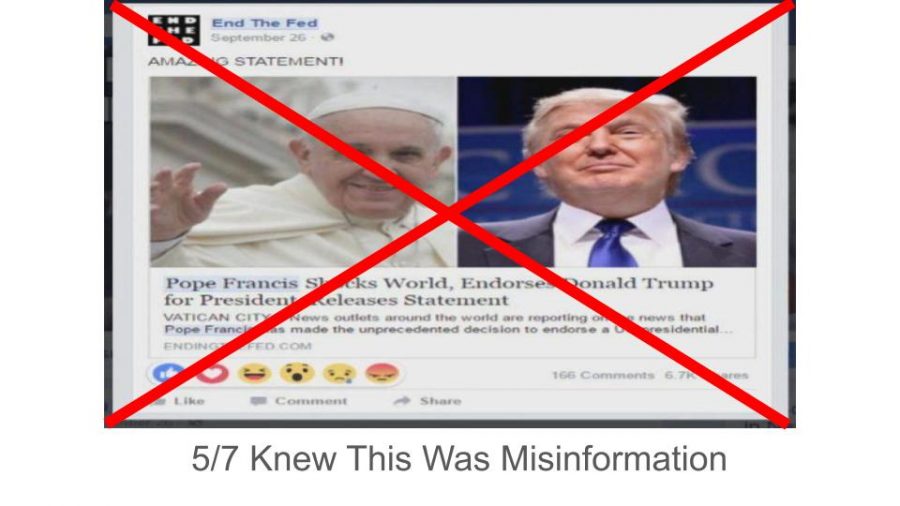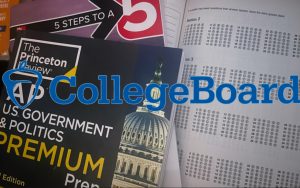The Truth About Misinformation
December 10, 2020
Misinformation has plagued society for centuries. Most of the time misinformation is spread unknowingly, but that still means that the wrong information is still out there influencing people. People today can spread misinformation more quickly than they could in the past through social media. Having access to information quickly and easily is good, but it also means that people have to be careful that the information is true before sharing it with others. The News Literacy Project’s goal is to help students become better consumers of news as well as to be able to pass the information on to others.
At Morgan, students know that misinformation is a big problem online or through word of mouth. Freshman Eileen Whittle said, “There have been many times when I have been fooled by misinformation. Normally I try to make sure it is real before I tell others, but sometimes it is so believable and can come from people that I should be able to trust.”
Junior Mike Pelletier also believes misinformation is a large problem in society. Mike said, “Every day I see things on social media that I believe to be true, but with a bit of research almost all of it turns out to be false.” “Some things that I know are true I do not check because they are verified new sources.” Junior Julia Walker knows about misinformation. Julia said, “I would never repost or reshare any information before I make sure it is real. First, I do not want to spread any wrong information. I also do not want people to get upset with me if I share misinformation by mistake.”
Junior Ava Zirlis also views misinformation as a threat. Ava said, “I see misinformation everywhere I go. I now only share things that I can prove to be true because so much is false nowadays.”
Teachers also have to deal with false information. Engineering teacher and technology department chair. Lawrence Chapman said, “Misinformation is everywhere. I do sometimes share things that I do not know if they are 100% true, but I make it clear, and I let others decide for themselves what to believe.” Mathematics teacher John Madura tries to limit the false information that he shares. Mr, Madura said, “I only share information that might not be true when the reward is greater than the negative effects if it’s incorrect.”
Due to social media people have been getting fed false information from friends, family members, as well as celebrities, and political figures. There is a great problem with this on Facebook, an app that has taken steps to fight misinformation within the last couple of months. On the Facebook website it says, At Facebook, we’re working to fight the spread of false news. This is very important because many people of all ages use Facebook to get news and if that is not accurate thousands of people could spread that information.
Instagram which is now owned by Facebook is also trying to crack down on misinformation. In a New York Times article, Kellen Browning wrote, “Instagram, which is owned by Facebook, said the change was made to “reduce the real-time spread of potentially harmful content that could pop up” Instagram is an app used by mostly younger generations who could be easily fooled by misinformation. By taking these steps, Instagram is hoping to eliminate confusion over misinformation.
Today, more and more tools are available to help people determine if the information they see is accurate. By doing this it will make us better as a society as a whole. There are many sites that can be used to fact-check online information. Some of these sites are Snopes, Truth or Fiction, and Fact Checker.







